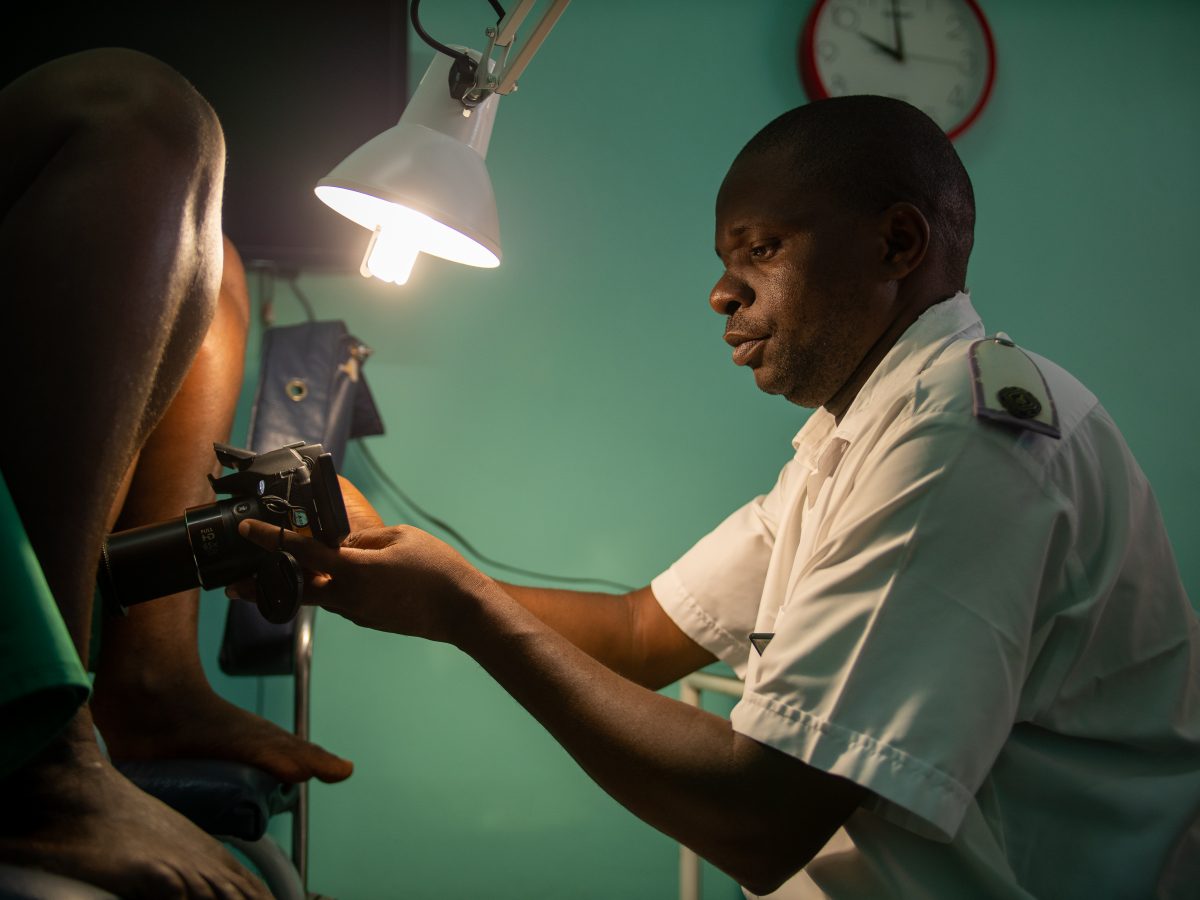Angela Makamure (Media Liaison Co-ordinator, Doctors Without Borders (MSF) Southern Africa)
After nearly 10 years of providing quality HIV and cervical cancer treatment and prevention services in Gutu District, Zimbabwe, the international medical humanitarian organisation Medecins Sans Frontieres (MSF) is handing over its project activities to the Ministry of Health and Child Care (MoHCC) and partners on Wednesday, 30 September 2020.
Since 2011, the organisation has provided treatment to tens of thousands of people living with HIV and cervical cancer in Gutu District. The project has contributed to a significant reduction in the number of people dying from AIDS and related complications in the area.
“Our district was severely affected by HIV and AIDS. Prior to MSF’s intervention in Gutu, HIV and AIDS related deaths were on the rise. There was no HIV programme and many were travelling to Buhera District, 60 km away, for ART treatment. People were dying on their way to seek treatment from sickness or were washed away by the river on their way to Buhera,” recalls Traditional Chief Leader of Gutu District, Amon Edmund Musanganise.
Among the programme’s milestone accomplishments was the introduction of Differentiated Service Delivery (DSD). DSDs are client-centred models of care that simplify and adapt HIV services to reflect the preferences and expectations of various groups of People Living with HIV (PLHIV), while reducing unnecessary burden on the health system. In 2013, MSF initiated Community ART Refill Group, known as CARG, in two health facilities, the first programme of its type in Zimbabwe. As of September 2020, four DSD models: community ART Refill groups (CARG), club refills, family refill and adherence clubs are available in Gutu District and 6,000 ART clients enjoy the benefits of DSD.
“DSD is one of the best ways to ensure ART clients continue care. It reduces burdens related to clinic visits and also can meet patients’ various individual needs. Data shows that the treatment outcome of DSD clients is good and this contributes a lot to the overall success of ART programmes in the district. DSD decongests health facilities as well, enabling health care workers to spend more time attending to the large number of clinically unstable ART clients who require more care,” explains MSF Gutu Project Coordinator, Rinako Uenishi.
“MSF has learnt the importance of strong collaboration between communities and health centres and the importance of trust, all elements that ensure the success of the group-care approach. This way of managing ART saves people time and money and the trouble of walking long distances to get to the nearest health centre,” she says.
Since 2015, MSF has also supported MoHCC to provide preventive and curative services for cervical cancer at six health facilities. Before then, services were provided only in one health facility in the district. The decentralisation of cervical cancer services has benefitted many young girls and women in the district. Before, women had to go to Harare for treatment (Loop Electrosurgical Excision Procedure: LEEP) if they had bigger precancerous lesions. This service has been available in the district since 2017.
Between 2015 and June 2020, nearly 29,000 women were screened for cervical cancer at the six health centres supported by MSF. Of these, over 1,000 women underwent cryotherapy and 126 LEEP services were provided to the eligible clients. In addition, during that period, MSF supported the national campaigns for human papilloma virus (HPV) vaccination in 2018 and 2019. More than 90% of the eligible population was vaccinated.
MSF says it also focused on empowerment of local health care workers through capacity building and innovative approaches, which made the handover process smooth. To date, handover of all the medical programmes has been completed.
“When a programme has been supported through the growth and development phase, MSF hands over project activities so that patients continue to receive uninterrupted treatment,” says MSF Country Director for Zimbabwe, Reinaldo Ortuno.
“MSF is confident that the existing staff in health centres in the district will be able to provide good quality care despite continuing challenges in the health sector.
But Ortuno acknowledges that much more still needs to be done. Supplies of some essential lab commodities and second line ARVs for children are chronically erratic in Gutu. Health care workers are overwhelmed by the increased number of ART clients, while a high number of ART clients remain clinically unstable, and implementation of DSD will need to be enhanced to further decongest health facilities.
“We call upon MoHCC, donors and other NGOs to cascade the community model across the country so that people benefit from these services,” said Ortuno.






